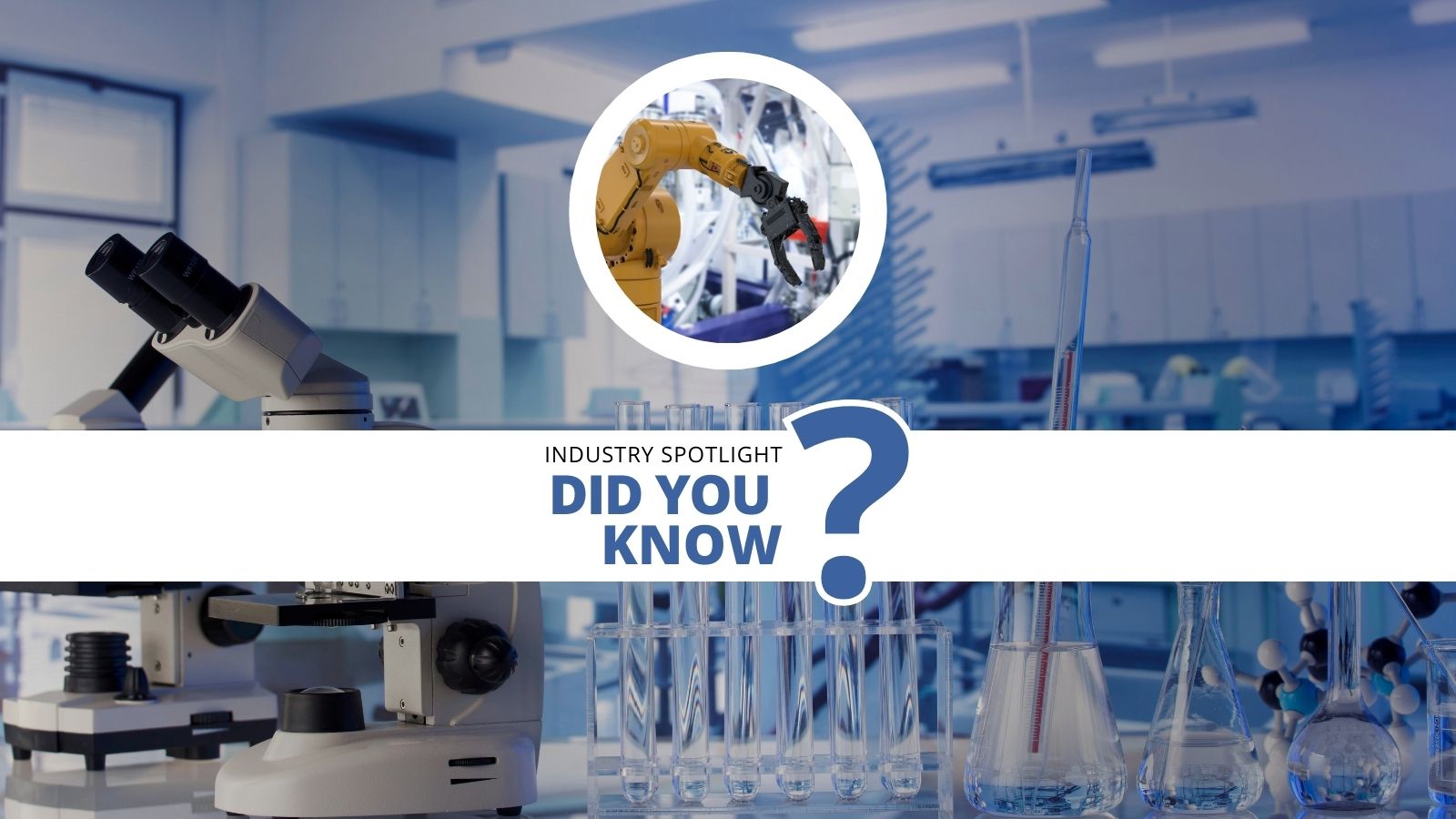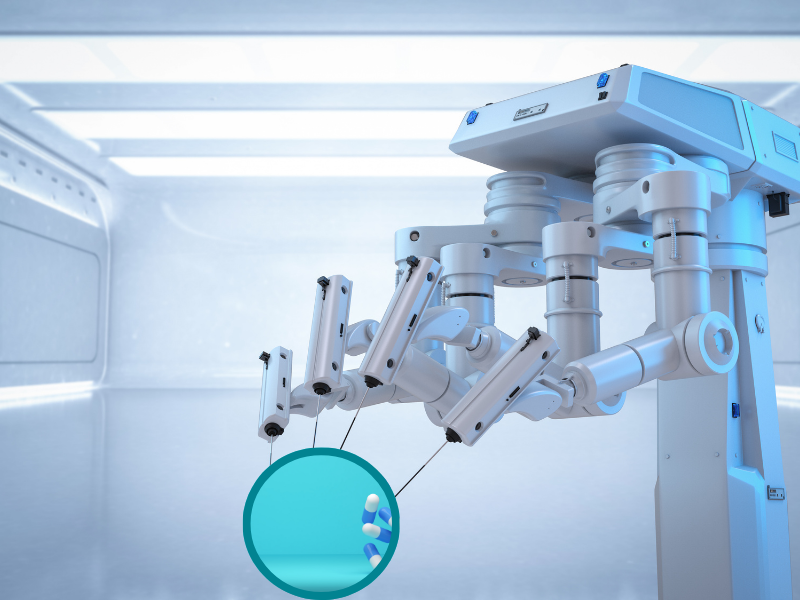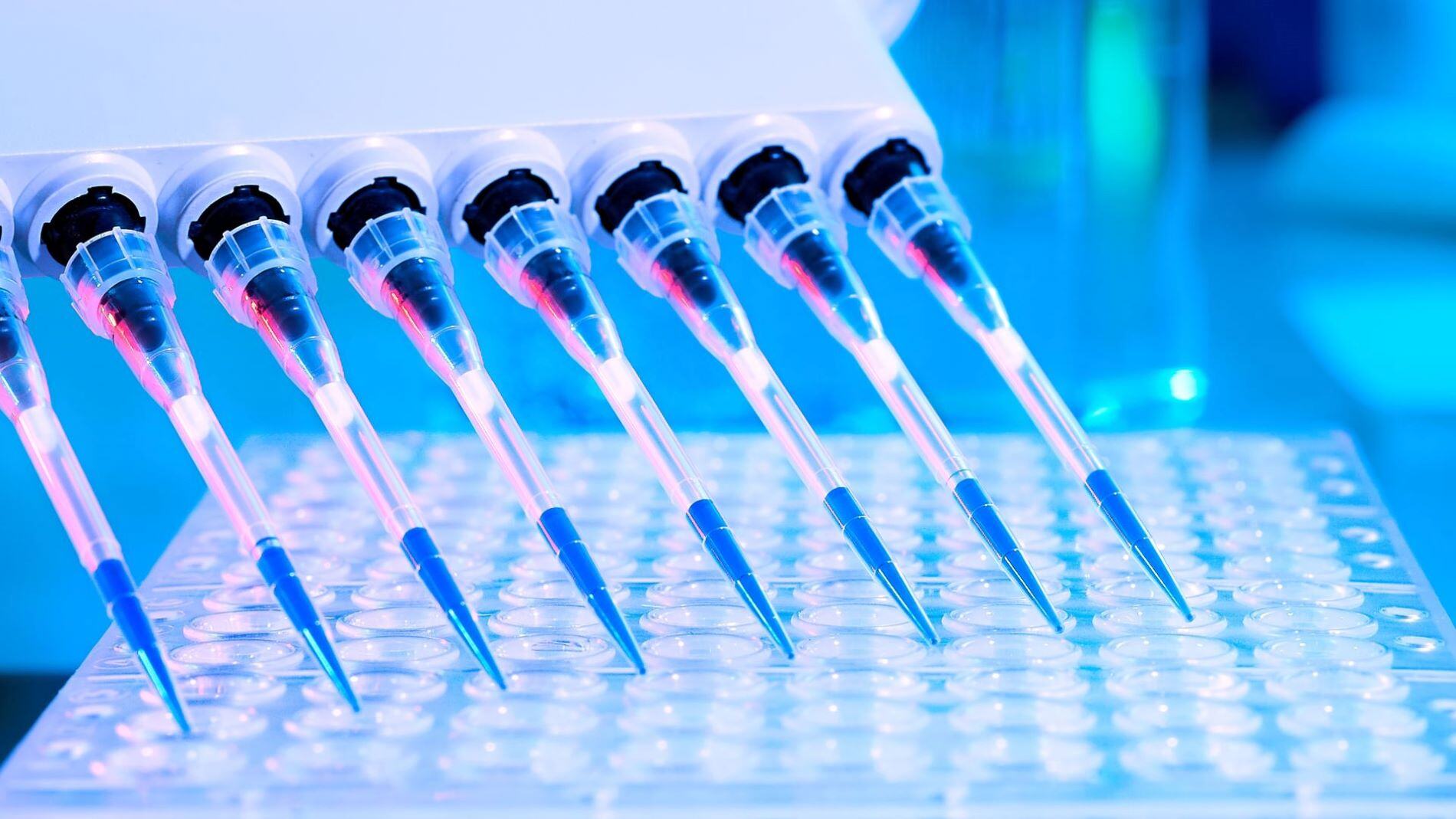Smart Labs for Smart Research: Advanced Robotic Solutions Through Automated Development

Smart labs, also known as an intelligent laboratory or smart science lab, are technologically advanced and interconnected environments that employ cutting-edge technologies to enhance efficiency, accuracy, and collaboration in scientific research and experimentation.
At the heart of a smart lab is automation. Advanced robotic systems take over repetitive and time-consuming tasks, such as sample handling, preparation, and analysis, freeing up researchers to focus on more complex and creative aspects of their work.
This automation not only accelerates the research process but also minimizes human errors, leading to more reliable and reproducible results.
- How will laboratory automation be optimised by emerging technologies?
- Digitisation and beyond: understanding the lab of the future
- The importance of standardisation in laboratory automation
Central to the functionality of a smart lab is the integration of the Internet of Things (IoT).
Sensors and connected devices are strategically deployed throughout the lab to monitor and collect real-time data on equipment performance, environmental conditions, and experiment progress.
This wealth of data is then analysed using sophisticated algorithms and data analytics, empowering researchers to make data-driven decisions, optimise experimental designs, and uncover valuable insights.
Artificial Intelligence (AI) plays a pivotal role in smart labs. AI-powered algorithms can process vast volumes of data, detect patterns, and predict outcomes, aiding researchers in identifying potential breakthroughs and accelerating research cycles.
Additionally, AI-driven virtual assistants can assist scientists in finding relevant literature, suggesting experimental protocols, and even collaborating on new ideas.
Safety Measures in Smart Labs
Cloud computing is another crucial component of smart labs. It enables seamless data storage, sharing, and collaboration among researchers, regardless of their physical location.
This connectivity fosters cross-disciplinary cooperation and facilitates access to shared resources and knowledge.
Security is a paramount concern in smart labs. Robust access control systems, encryption protocols, and cybersecurity measures protect valuable data and prevent unauthorised access, safeguarding both intellectual property and sensitive research.
Moreover, sustainability and energy efficiency are fundamental principles guiding the design of smart labs.
Energy-efficient equipment, smart lighting, and optimized power consumption contribute to reducing the lab's environmental footprint.
In conclusion, a smart lab represents the future of scientific research, where advanced technologies converge to revolutionise experimentation, streamline workflows, and foster global collaboration.
By harnessing the power of automation, IoT, AI, cloud computing, and sustainability practices, smart labs empower researchers to push the boundaries of knowledge and address complex challenges facing our world.
Get your regular dose of industry news and announcements here, or head over to our PharmaTec homepage to catch up with the latest advances in cellular therapies. To learn more about our upcoming Mobile Robotics conference, visit our event website.






